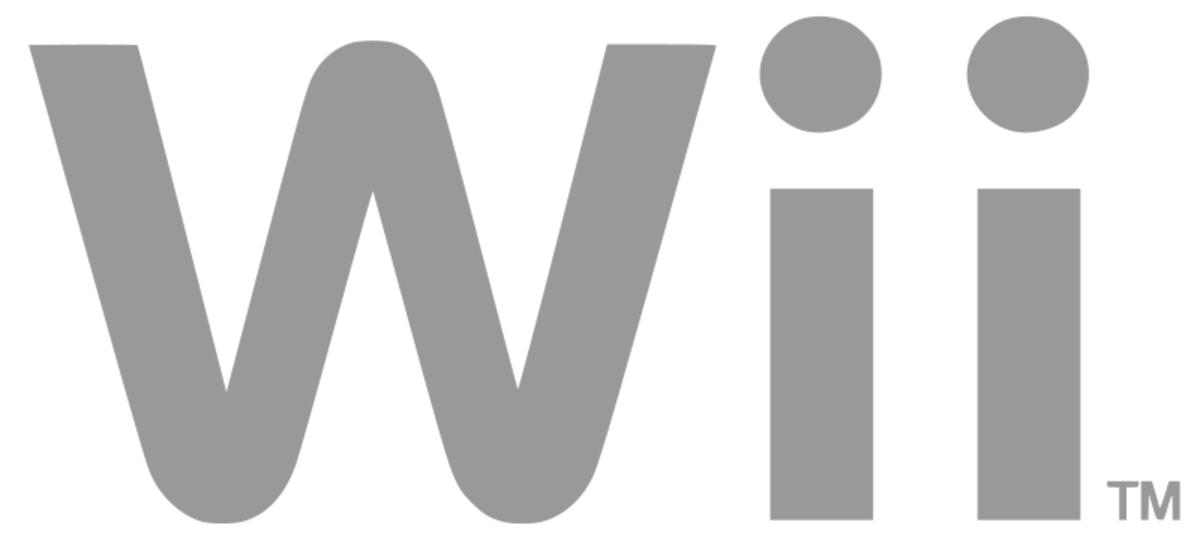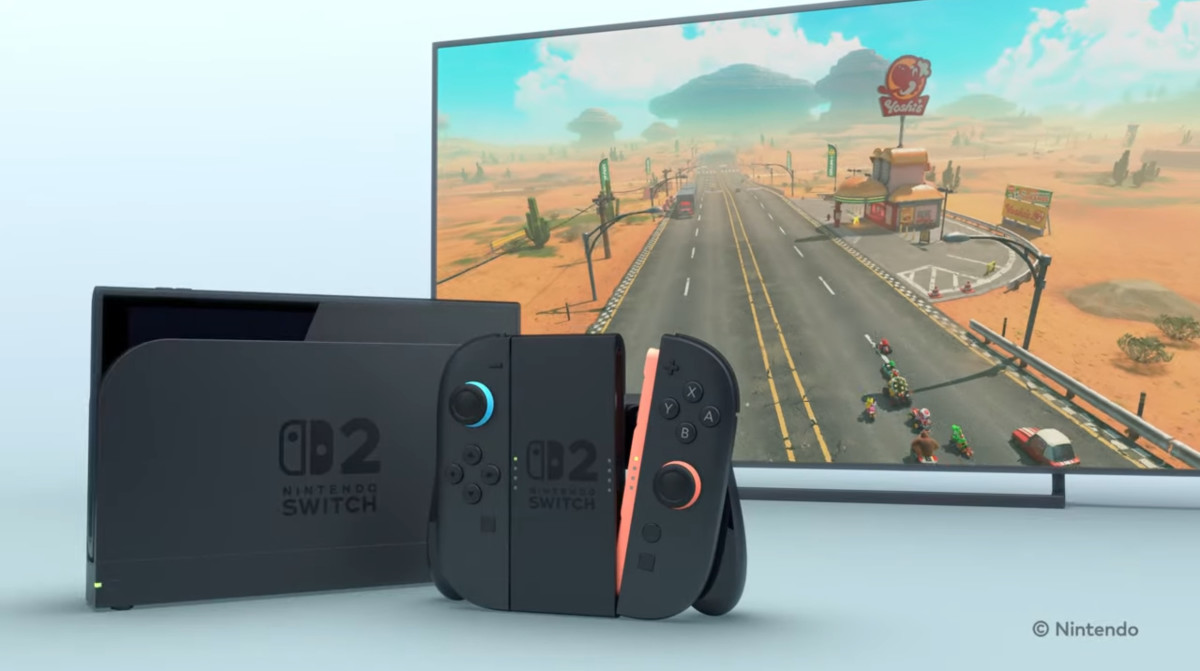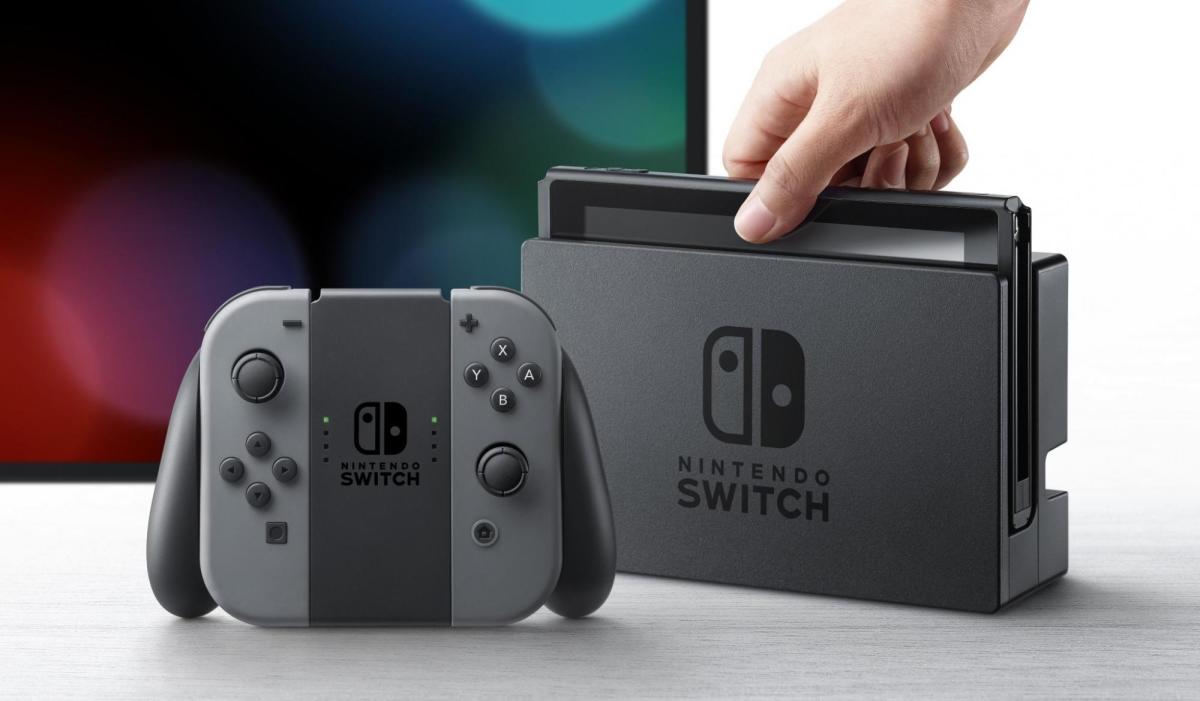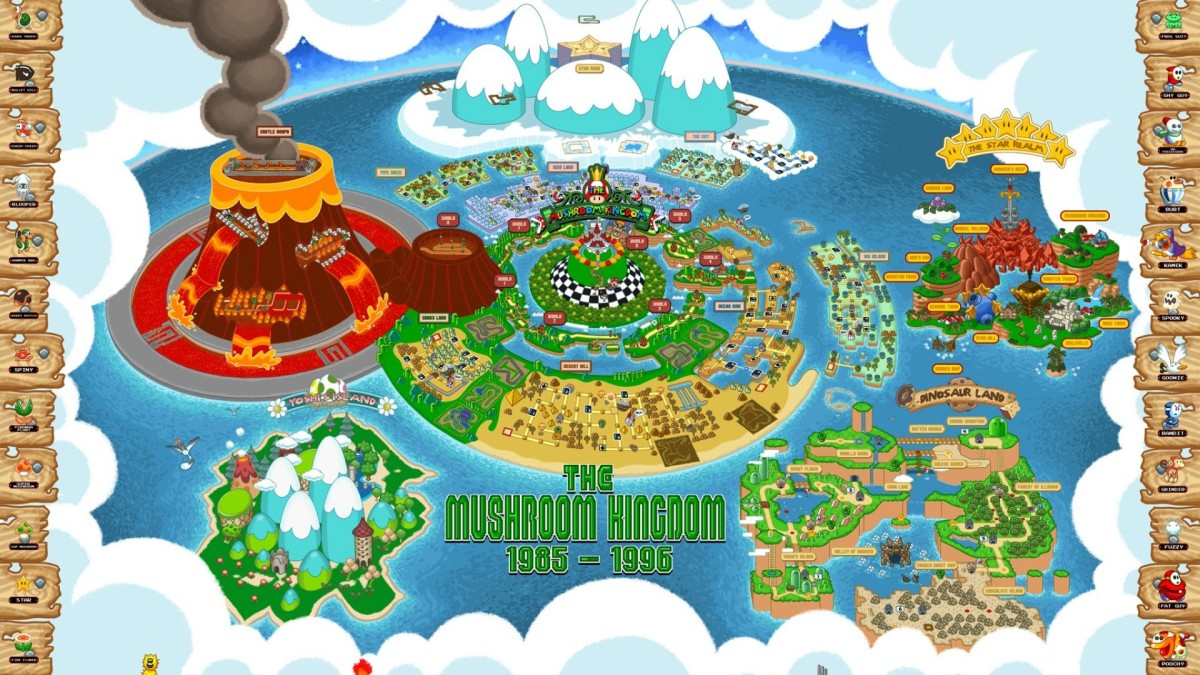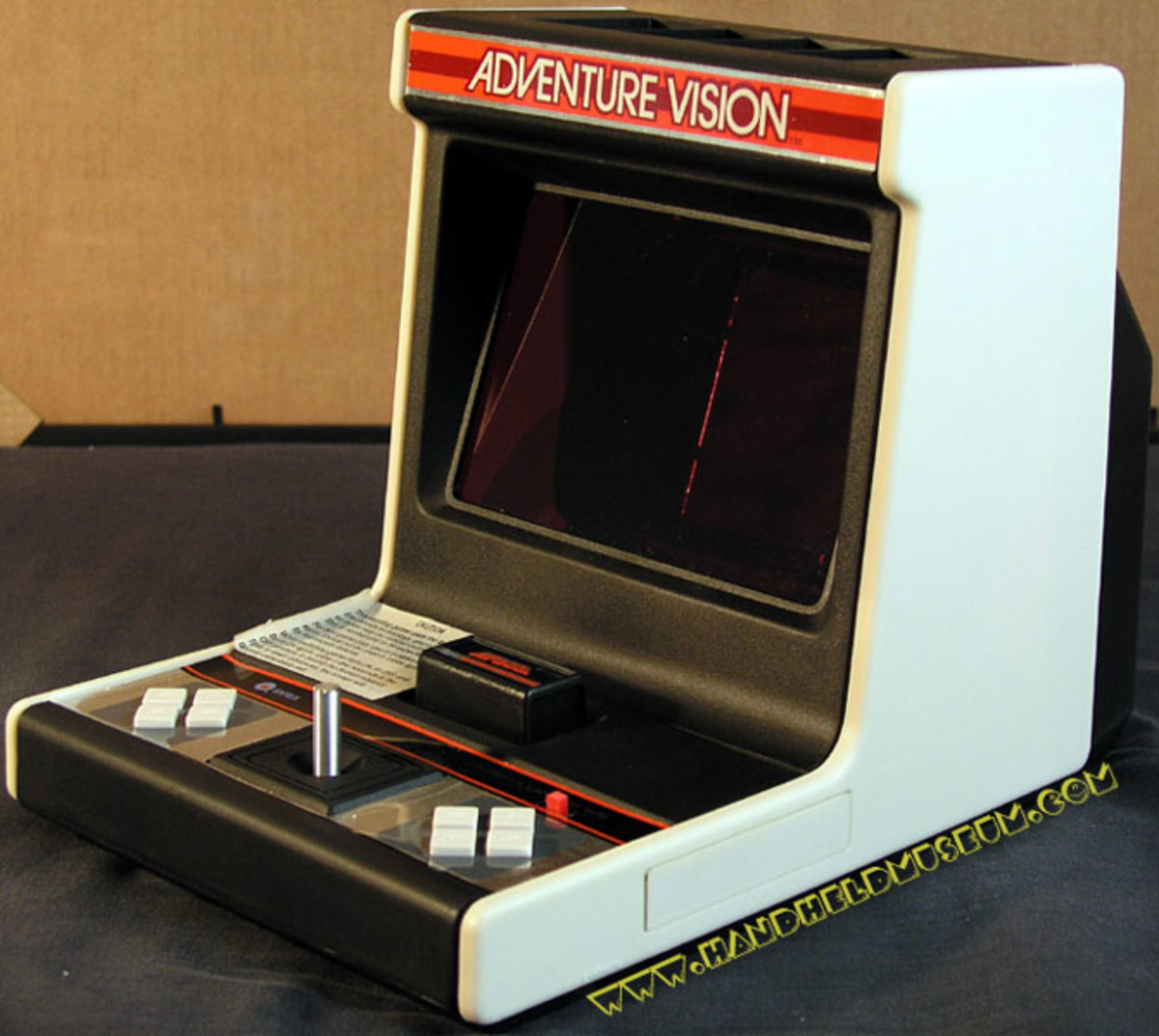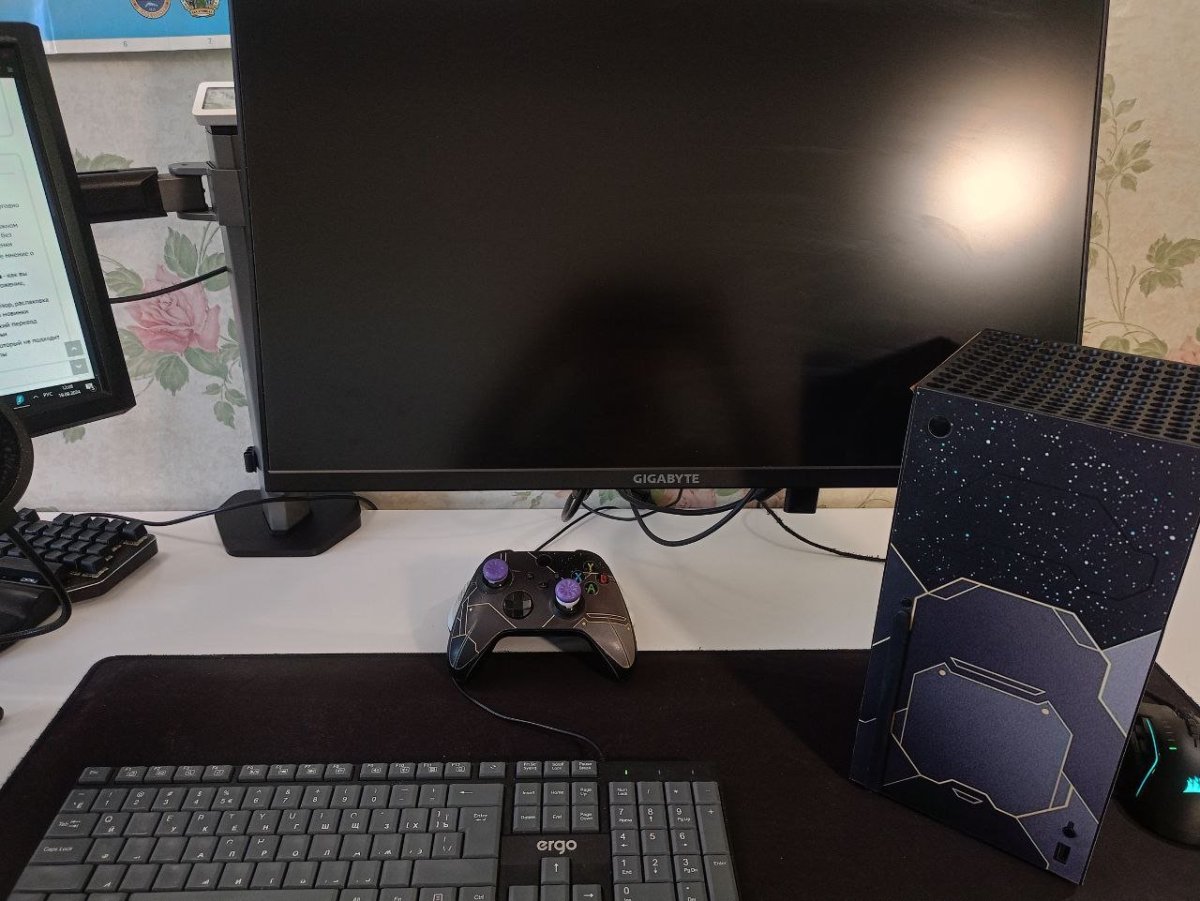OUYA: The Android Open Source Gaming Console
OUYA Game Console

The Revolution Will be Televised
The $99 OUYA console, which is schedule to be released in April of 2013, promises to be the first Android open source game console. The OUYA brings open source gaming deeper than it's ever been before--straight into your living room and onto your TV. OUYA, has the potential to "change the game" in the gaming market. This open source gaming platform can change everything from how we play games to what we expect from our game consoles, but this depends heavily on whether they can overcome some key challenges. Can OUYA attract high quality dedicated development support like its closed source counterparts? Will hardcore gamers embrace OUYA? Can OUYA silence the critics who view this console as a platform for porting mobile games? Can OUYA overcome these obstacles, make it to market, and deliver a console that will showcase the power of Android open source?
The Promise of Open Source
What makes OUYA intriguing is the fact that it is running on Android. Theoretically, OUYA can be made to do anything that Android can do. For many people this is what makes OUYA so promising.
One example is OUYA's announced partnership with OnLive which is suppose to allow video games to be streamed to your OUYA the way movies are streamed to your home via Netflix. Not only will it stream games, but it will also stream movies since XMBC has announced that they will support OUYA. This will transform OUYA into a full featured media player. Other Streaming apps include iHeartRadio and TuneIn music. These apps will turn your OUYA into an internet radio. These are just the partners that announced official support.
Unofficially, OUYA has the potential to use almost any app currently available on Android. One would expect that apps could easily be modified to work on OUYA. These include apps such as Netflix, Hulu Plus, Amazon Mp3, Kindle eBook reader, and Barnes & Noble just to name a few.
The OUYA could also be made to do other things that are traditionally done on phones or tablets. This includes using Google Voice to send text, using an email app to send emails, a browser for surfing the net, or Skype for calling, You could probably use weather apps, news apps, magazine apps, and movie apps. With a little bit of modding the OUYA could probably run the Google Play Store, and the Amazon App store. This would open the OUYA up to thousands of apps.
However, all of this is speculation as the OUYA is not scheduled to be released until March 2013 for its backers and April 2013 for the retail market. Until then there are many challenges that OUYA would have to overcome in order to realize its full potential. One of the challenges that they were already able to overcome was funding.
OUYA's Funding Pitch to Investors on Kickstarter
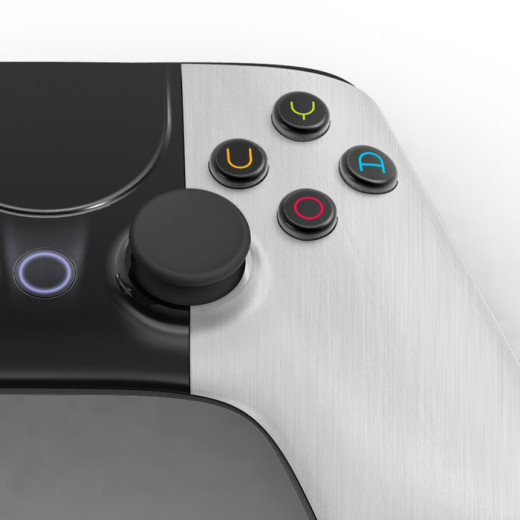
Will OUYA Step up to the Challenge, OuYeah or OuNo?
From the second OUYA was announced many gamers and analyst have been skeptical of the OUYA console. Some wonder if OUYA is just a platform for porting mobile phone games onto your TV. If this is the case they may lose support from the hardcore gaming fans as these gamers want high quality and high production value games. Another dilemma is can they get mobile and casual gamers to play games on a non-mobile gaming console. The Nintendo Wii seemed to be able to capture the casual gaming market. Will the OUYA be able to do the same?
There is also an issue of dedicated third-party game support. If there isn't any dedicated third-party support then OUYA will be relegated to the games that are already available on Android, but these aren't the games that console gamers are looking for. Without dedicated third-party support there won't be any true console games. Without games you can't get gamers to buy your console. If gamers won't buy your console then you can't get any third-party support. You get stuck like a chemical reaction that is missing a catalyst. Will OUYA fall victim to this problem as Nintendo did with their Nintendo 64?
Preliminary support does seem promising as they were able to secure an exclusive game called Human Element as well as Final Fantasy from Square. Undoubtedly there are probably other publishers that are negotiating deals with OUYA at the moment. It is also possible that many of the larger developers could be waiting on the sidelines to see if this console is viable.
Some gaming writers question whether Android is too open and if that is going to lead to gaming piracy? Since OUYA has a policy that all games must offer some of its gaming content for free it seems like they too are considering the possibility of piracy. The reasoning behind this policy is to reduce piracy. Offering content for free tends to reduce piracy as people wouldn't need to steal games that are free. The Android mobile games market faces the same challenge, consequently demos and free to play (F2P) games seem to be the norm in that market.
If the games are free how will the developers make money? Most of these games will make their money from premium content, add-ons, or subscriptions. The question is, will this be enough money to attract developers to release big budget games like Call of Duty Modern Warfare 3? It could be possible as high quality games like World of Warcraft, Lord of the Rings Online, Battlefield Online, and DC Universe have all offered their games for free via the F2P model.
Some also question if OUYA can maintain their partnership with OnLive. OnLive is currently having trouble keeping afloat. They recently let go of half of their employees and their founder, Steve Perlman, just resigned. If OUYA loses this partner this could mean that they may lose a significant segment of the PC gaming market as OUYA is banking on OnLive to be a significant provider of content that would otherwise not run under Android natively. Of all of the challenges that OUYA is facing this problem and the problem of third party support could be the most significant.
Limited Edition OUYA Console
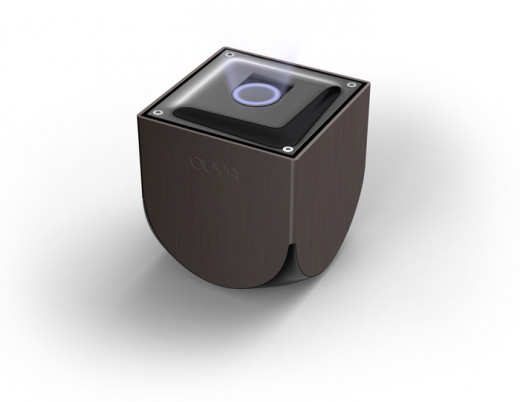
The Future of OUYA
The challenges that OUYA faces stem from the fact that OUYA seems to be a console that is simultaneously straddling multiple fragmented gaming markets. At its best this console could be a jack of all trades that can unify the fragmented gaming market. At its best OUYA has the potential to transcend gaming and be an all in one entertainment console. At its worst it could be a console that will be out-competed by its more specialized counterparts and it may end up being a console that only appeals to a small niche of enthusiast that are interested in its open source qualities. Personally, I hope that all goes well as this could revolutionize both the way we play games and the way games are developed.

